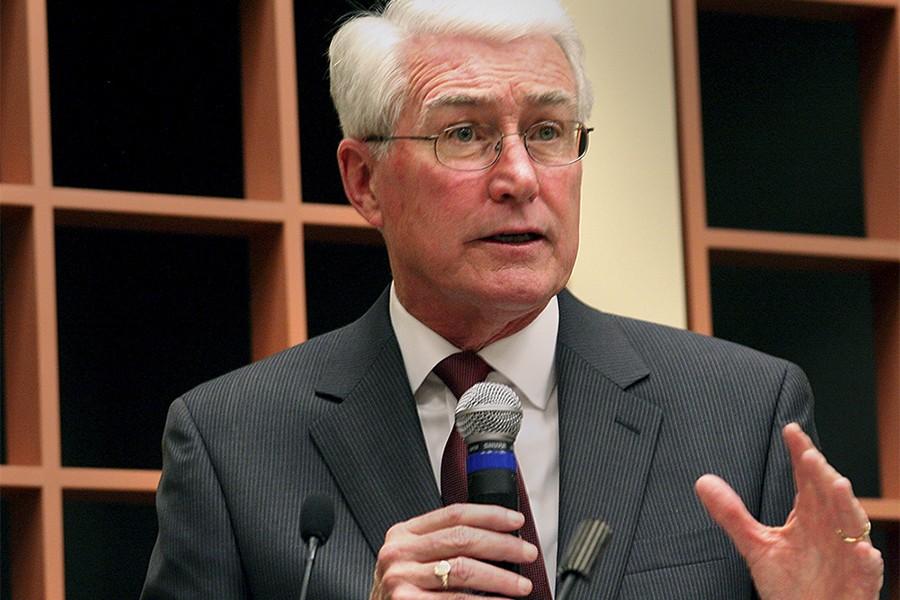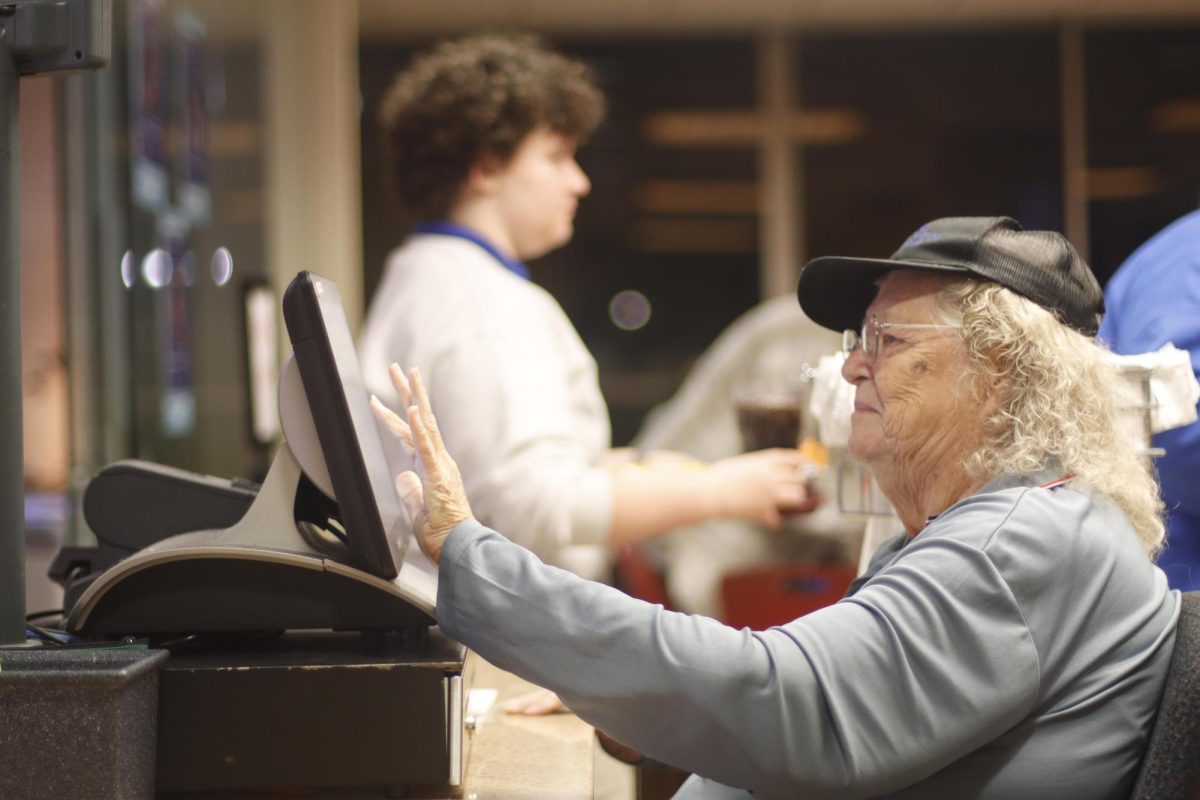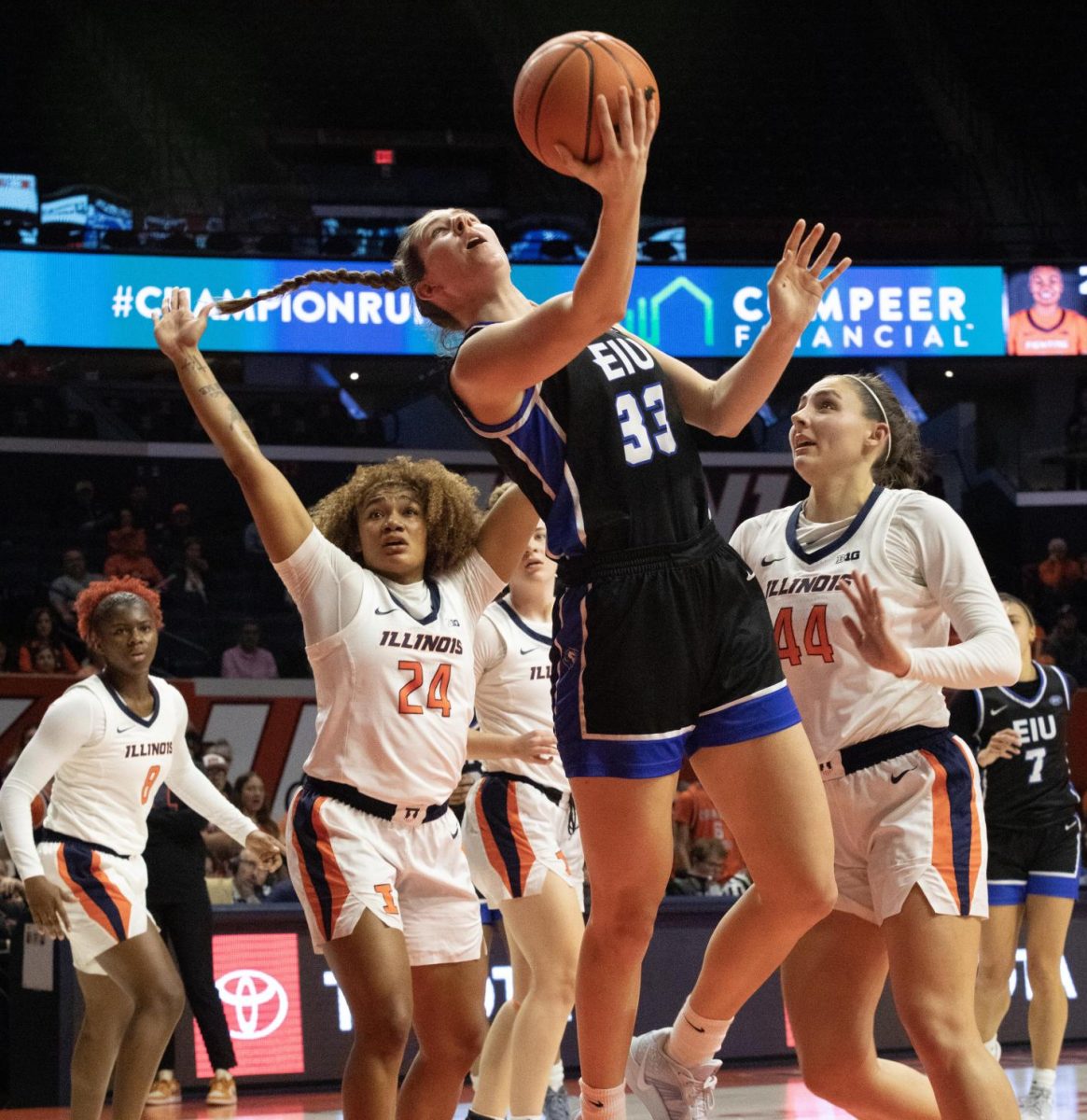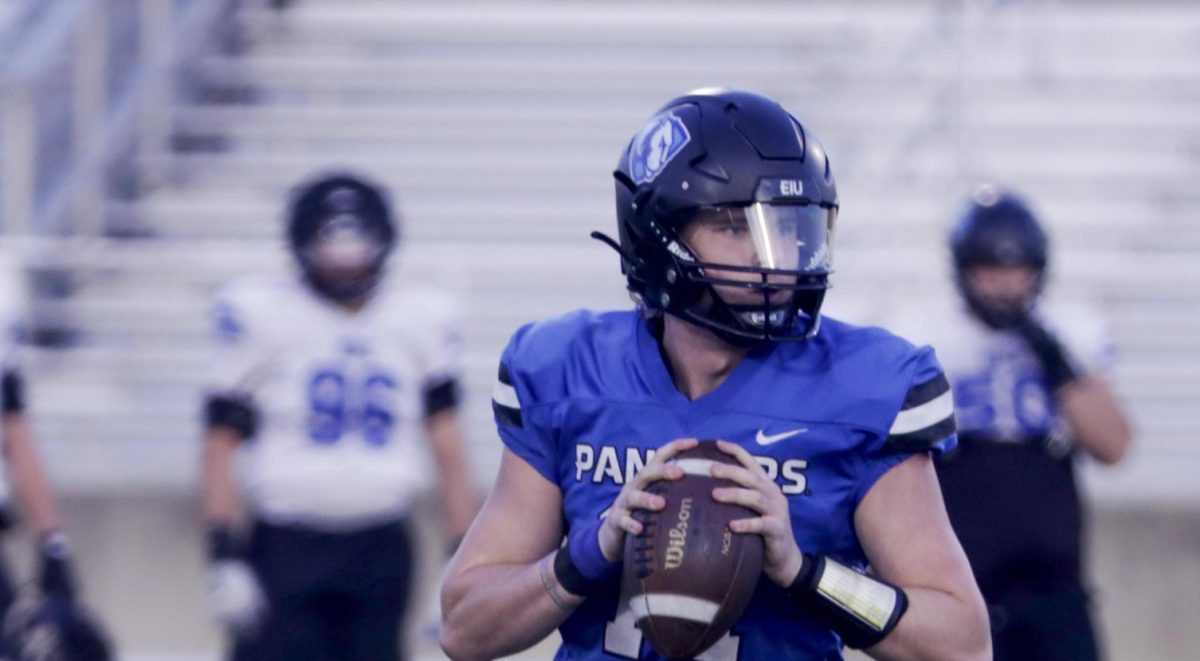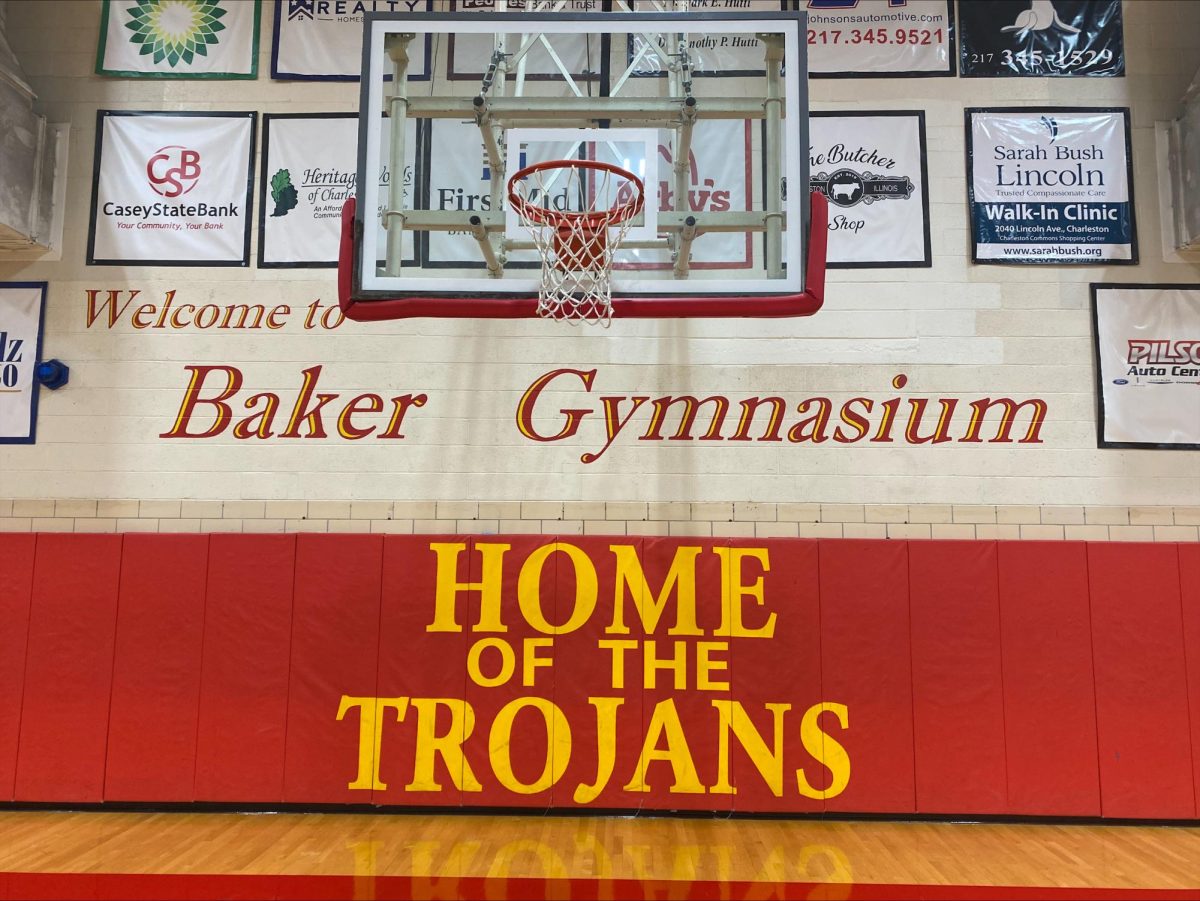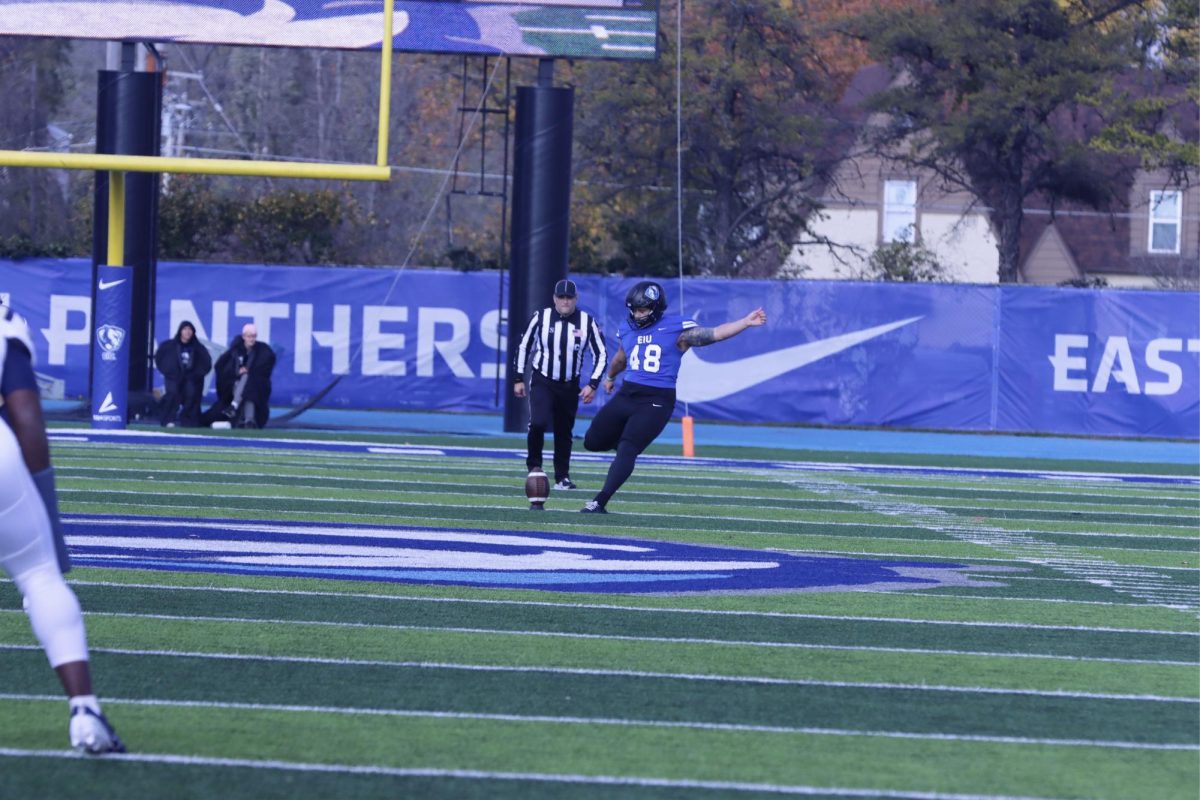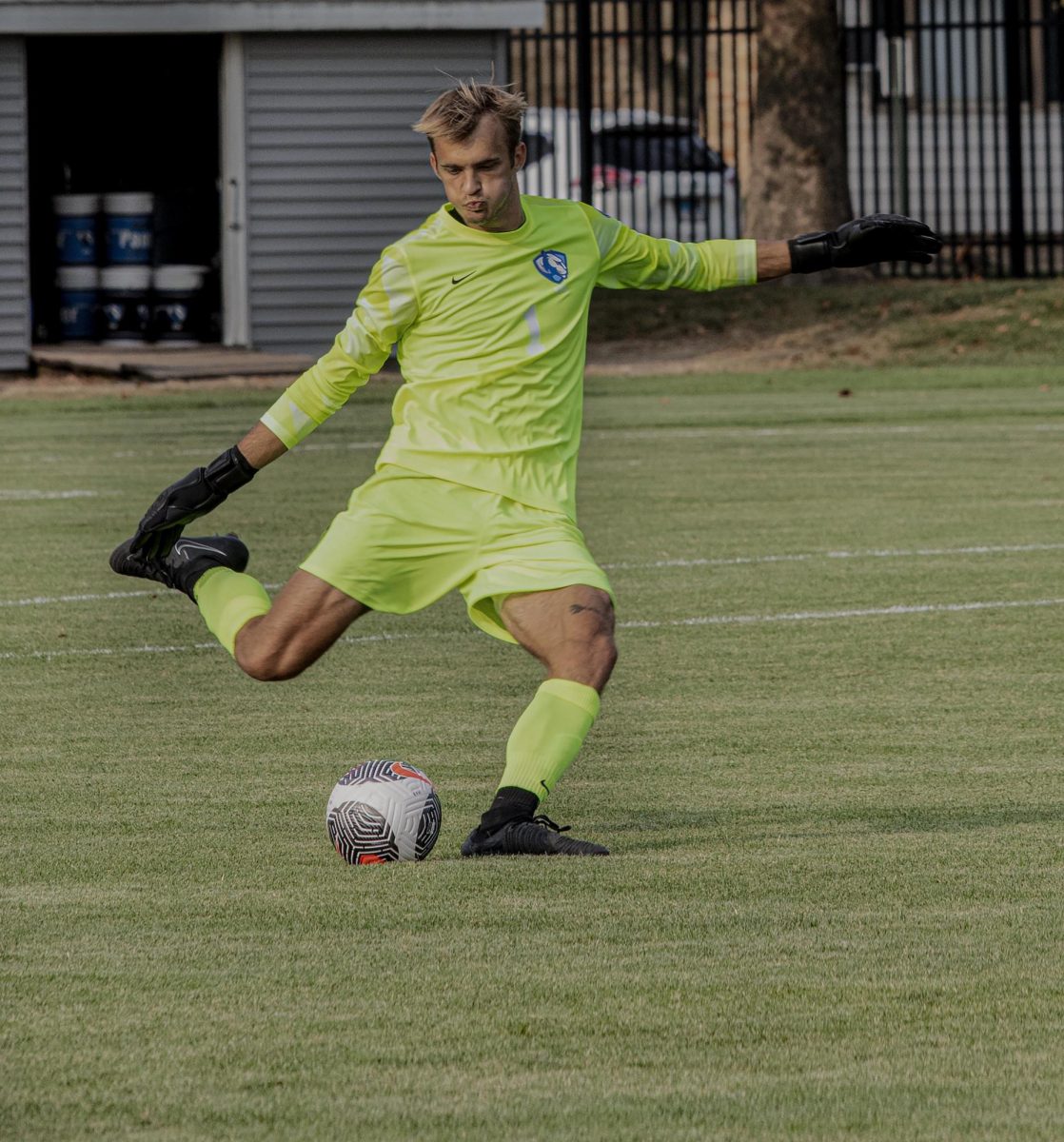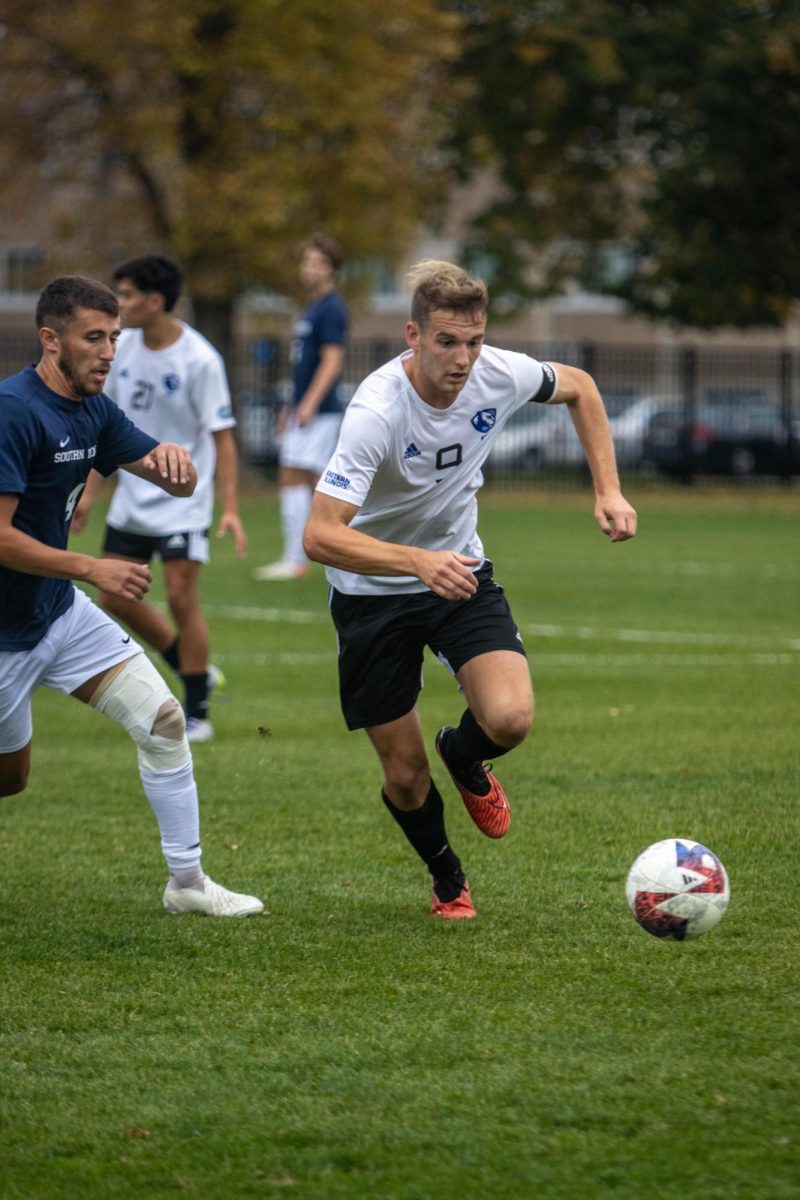Students declare changes for 2014
As a way to usher in the new year and the opportunities it gives students, members of the University Board welcomed students to consider future self-improvements during “Cocolutions.”
“Cocolutions,” set up in the Bridge Lounge of the Martin Luther King Jr. University Union, allowed students to make cups of hot chocolate and write down their New Year’s resolutions.
Rocken Roll, a graduate student and co-coordinator, knows some resolutions are only temporary products of the ambition people feel with the coming of a new year.
“I think that it is important to – in the beginning – at least think about it,” she said.
“Some plans are followed through better than others but I think it is important to reflect over the past year and the changes you want to bring for yourself and hopefully set goals to reach those.”
Nathan Bolden, the UB special events coordinator, said of those who stopped by to make a cup of hot chocolate and frame their New Year’s resolution, improving upon academic performance and physical activity were among some of the most common resolutions shared amongst students.
Students’ initial commitment to slimming down and bulking up is visible in the number of students swiping in at the university’s Student Recreation Center the first weeks after winter break.
The recorded amount of swipes allowing entry to the recreation center between Dec. 1 and Dec. 14 in 2012 is 12,276.
The recorded amount between Jan. 7 through Jan. 21 in 2013 (the first two weeks following winter break) is 21,035.
Whether or not the additional 8,759 entries were the precedent of achieved resolutions, Bolden said the key to committing to any goal is believing you deserve to. He attributes this to the extent in which college students spend devoting their time to others.
“Sometimes it is good just to look back at the past years of you not following through and care about yourself enough and believe in yourself enough to follow through and really take head to the fact that a new year could really mean a new you,” Bolden said.
He also said the “Cocolutions” was a way for students to think about bettering themselves in the new year.
“That’s why this is a perfect exercise for you to get out of that mindset. It’s OK to give and take care of others but it’s also important to take care of yourself,” he added.
Bolden also believes those opposed to New Year’s resolutions are unknowingly working toward the same kind of improvement as 44% of Americans according to a 2014 Marist Poll.
“It is always good to document your thoughts and your goals, whether you call them New Year’s resolutions or not,” he said.
Bolden said he believes whether students call them plans for the new year or they call them goals – period – all people should focus on remaining committed to self-improvement.
For Darius Francis, a junior communication studies major, commitment is the most productive quality he believes a person can resolve to strengthen.
“Everyone always have plans for things they want to do,” he said. “Make your goal to be confident and consistent on following through with those plans.”
Francis recommends using cellphone applications like calendars, alarms and email-reminders to remain productive and timely.
Similarly, Roll, who resolves to focus on her schoolwork and being a support for other students, said she thinks using resources like the writing center, library and instructors’ office hours are good tools to begin working toward a New Year’s resolution.
“Really utilize the services the teachers are providing,” she said.
For students like Moniesha Curry, a junior psychology major, however, resolutions do not need to have a tangible outcome.
“My new years resolution is to stay true to who I am and stay true to my goals,” Curry said.
No matter the manner of anyone’s goal, resolution or lack thereof, Boulden believes acknowledging room for improvement is an early start toward reaching one’s full potential.
“This is not done on the first of January so it’s never to late to set a goal,” he said. “A new year can really mean a new you.”
Katie Smith can be reached at 581-2812 or kesmith2@eiu.edu.




